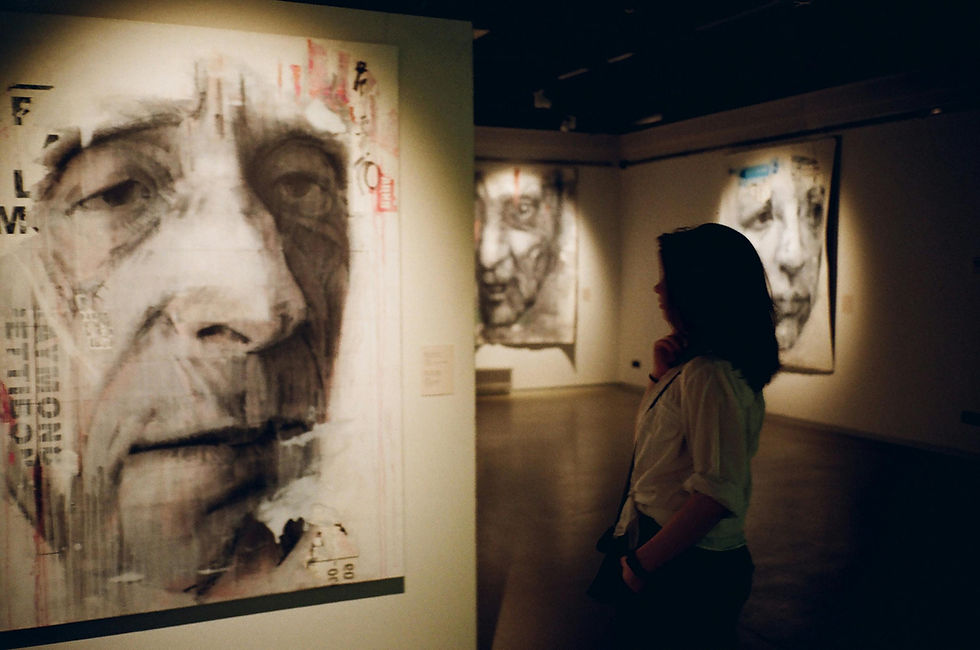It's Okay to be a Spectator
- okolobicynthia
- Aug 11, 2025
- 2 min read

It’s Okay to Be a Spectator: The Quiet Power of Watching and Learning**
In a world that shouts “go big or go home,” Being a spectator can feel like a failure. We live in an age where everyone wants to be seen—posting, performing, proving. But here’s the truth no one tells you: sometimes, the best move is no move at all.
Being a spectator isn’t about being lazy, scared, or unambitious. It’s about mastering the art of observation. It’s about knowing when to step back, breathe, and watch the game of life unfold before making your play.
Think of it like sitting in the audience at a play. You see the whole stage. You notice the characters’ strengths and mistakes. You understand the plot before the actors themselves do. Observation gives you perspective that action sometimes steals away.
We rush into decisions, relationships, and opportunities because we fear missing out. But by being a spectator—at least for a while—you gain insight. You learn patterns, spot red flags, and understand dynamics that others overlook in the heat of the moment.
The best leaders, artists, and thinkers were once great spectators. They studied. They listened. They took notes while the rest of the world scrambled for the spotlight. Then, when their moment came, they moved with precision and confidence.
Allow yourself to process some information before making a decision. Do not try to predict the outcome of every event, or you will tire yourself out.
So, if you’re in a season where you’re not doing as much as others, don’t guilt yourself into unnecessary chaos. Watch. Learn. Absorb. The world is a classroom, and sometimes the most valuable lessons are learned from the sidelines.
Because here’s the secret: the best spectators eventually become the smartest players.
This is a quick reminder for you to always remember that sometimes it is good to sit back and do nothing.










Comments